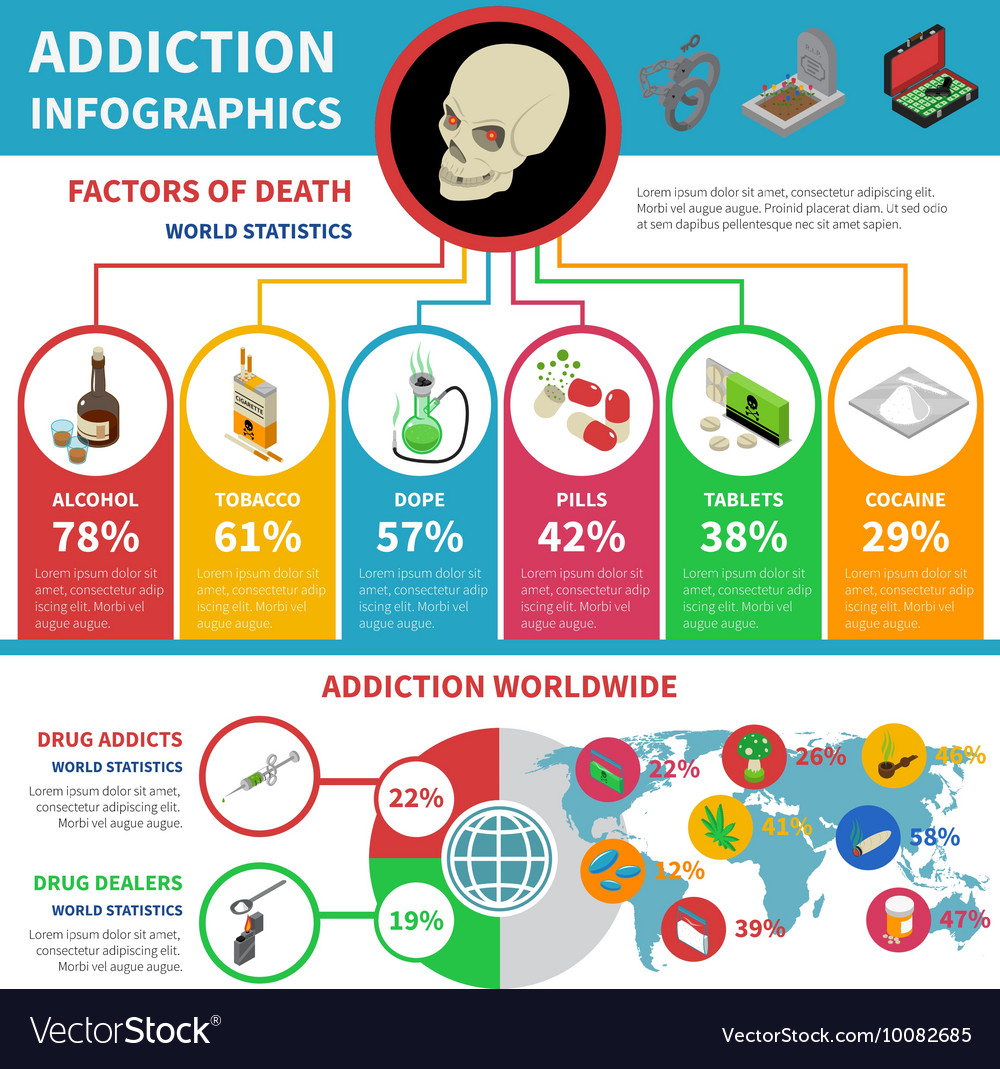Discover The Trick To Developing A Robust Aftercare Plan Following Drug Rehab And Unlock The Door To Sustained Success
Discover The Trick To Developing A Robust Aftercare Plan Following Drug Rehab And Unlock The Door To Sustained Success
Blog Article
Article Created By-Lawrence Carlton
You've completed drug rehabilitation, and now it's time to create a successful aftercare strategy to ensure your long-lasting recovery.
Photo this: you're a person identified to remain tidy and build a meeting life. This write-up will direct you through recognizing continuous support systems, incorporating treatment and counseling, and developing healthy coping systems.
With these techniques, you'll be outfitted to grow in your trip of sobriety.
Allow's get going.
Identifying Ongoing Assistance Equipments
You must identify at the very least 3 recurring support group to make certain an effective healing after drug rehab.
The initial support group is your friends and family. They can offer emotional support, support, and aid you remain liable. They can also offer a risk-free and understanding environment where you can share your struggles and triumphes.
The 2nd support group is your specialist or counselor. They can aid you resolve any underlying problems that might have added to your addiction and offer assistance on how to avoid relapse. Read More In this article can additionally teach you coping systems and healthy ways to take care of tension.
The 3rd support group is a support group or a sober area. Being bordered by others that are going through similar experiences can be exceptionally helpful. They can offer a sense of belonging, comprehending, and deal important suggestions and assistance.
Incorporating Treatment and Counseling
To achieve a successful healing, it's important for you to actively take part in treatment and counseling sessions, in addition to integrate them right into your recurring support group. By doing so, you can take full advantage of the advantages of these therapy techniques and raise your chances of maintaining long-term soberness.
Here are some vital reasons why integrating treatment and therapy right into your aftercare plan is vital:
- ** Emotional Support: ** Therapy and therapy give a secure space for you to share your thoughts, feelings, and has a hard time related to your addiction. It allows you to resolve any unsolved issues and establish healthy coping devices.
- ** Fall back Avoidance: ** These sessions outfit you with the necessary tools and techniques to prevent relapse. They aid you recognize triggers, develop coping skills, and establish a strong foundation for taking care of food cravings and stress.
- ** Personal Growth: ** Therapy and counseling facilitate individual growth and self-discovery. They assist you gain insight into the underlying causes of your addiction, improve self-confidence, and establish much healthier partnerships.
Developing Healthy And Balanced Coping Systems
During therapy and counseling sessions, it's vital to proactively deal with developing healthy and balanced coping mechanisms in order to successfully handle stress and anxiety and obstacles.
You require to determine and recognize your triggers, those things that trigger you distress or anxiousness. By recognizing these triggers, you can establish approaches to cope with them in a healthy and balanced way. This could entail exercising deep breathing exercises, taking part in physical activity, or locating a creative electrical outlet to reveal your feelings.
It is necessary to additionally border on your own with a strong support system of friends and family who can offer support and guidance.
In addition, self-care tasks such as getting adequate sleep, consuming well, and practicing relaxation methods can significantly contribute to your general wellness.
look here
In the journey in the direction of recuperation, producing a successful aftercare strategy is like often tending to a delicate garden. Equally as a gardener supports each plant with treatment and focus, so also need to one cultivate ongoing support systems, integrate therapy and counseling, and establish healthy coping systems.
By doing so, the seeds of recovery will certainly blossom right into a flourishing yard, offering a solid foundation for a brighter, drug-free future.
